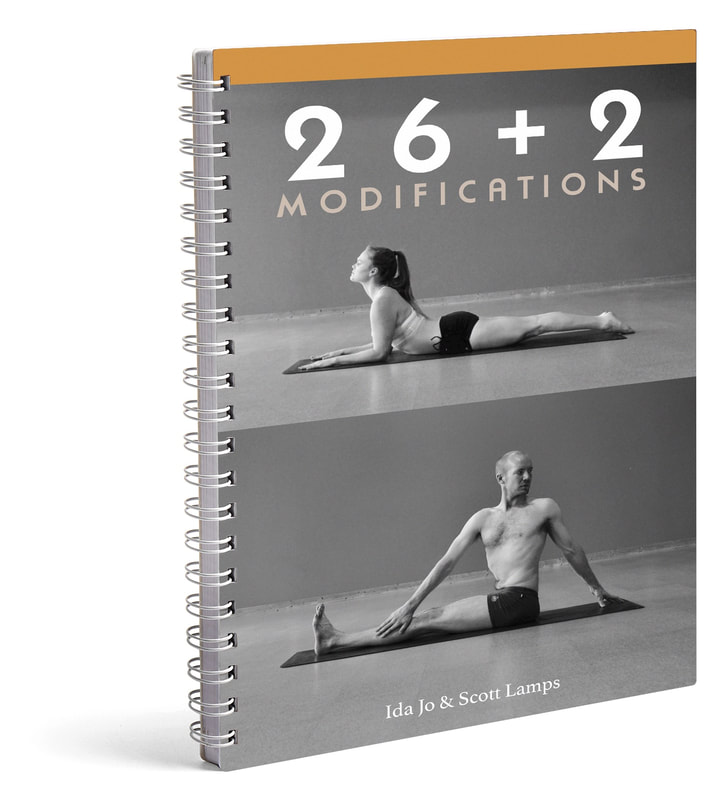|
In the second chapter of the Yoga Sutras attributed to Patanjali, we learn that there are five afflictions of the mind which cause suffering. In the practice of yoga they must be alleviated in order to attain samadhi, or the super conscious state. These afflictions, known as kleshas, are ignorance, egoism, attachment, aversion and fear of death. All of them deserve a lengthy discussion and much contemplation, but for the sake of starting the conversation, we will just briefly describe each of them.
The first affliction is ignorance or avidya. This is considered the root cause of all suffering and the lead affliction for which all others follow. In this state of ignorance, we interact with the world of the senses as though it is reality. Clearly speaking, it is when we identify the self with the body and the mind. The second is egoism or asmita. In this state we create a false sense of self because we identify with what we perceive. Similar to avidya, we associate with the senses but to the point that we cannot distinguish ourselves as separate from the mind. Because of this we see ourselves as completely separate from others. This separateness leads us to judge ourselves and our abilities against what we perceive the abilities and qualities of others to be. The results are the ever emotional states of pride and feeling not enough. The third affliction is pleasure or raga. In this state we seek out what we perceive to be pleasurable. This leads us to identify with individual pleasures in the material world. Because the senses do not bring about lasting pleasure, this inevitably leads to pain. We feel that we have something we like, and then it is gone just as fast as it appeared. The fourth affliction is aversion or dvesha. This is a similar path as raga, but here we seek to avoid pain. This partnership between pleasure and aversion creates a back and forth state in which the self is never content but rather acting to either get perceived pleasure or avoid pain. The fifth affliction is fear of death or abhinivesha. This affliction is incredibly powerful because it gets in the way of spiritual growth. Here, fear of death does not necessarily mean fear of the physical body dying, but can also be seen as our interaction with the ego. We tend to cling to what we perceive as the self because of ignorance, a false sense of I, perceived likes and dislikes, and anytime we want to move beyond that sense of self the ego senses this and reacts quite harshly. The ego is incredibly efficient at setting up barriers against change. For instance, we can see ourselves as simply unable to change certain things about ourselves. However, if we can manage to lean in just a bit, we will find that these barriers are not real. While change can appear scary, it isn't once we get started. This fear is another affliction of the mind and not reality.
0 Comments
Leave a Reply. |
AUTHORSScott & Ida are Yoga Acharyas (Masters of Yoga). They are scholars as well as practitioners of yogic postures, breath control and meditation. They are the head teachers of Ghosh Yoga.
POPULAR- The 113 Postures of Ghosh Yoga
- Make the Hamstrings Strong, Not Long - Understanding Chair Posture - Lock the Knee History - It Doesn't Matter If Your Head Is On Your Knee - Bow Pose (Dhanurasana) - 5 Reasons To Backbend - Origins of Standing Bow - The Traditional Yoga In Bikram's Class - What About the Women?! - Through Bishnu's Eyes - Why Teaching Is Not a Personal Practice Categories
All
Archives
May 2024
|







 RSS Feed
RSS Feed